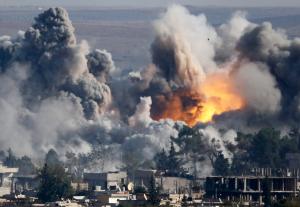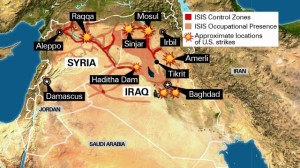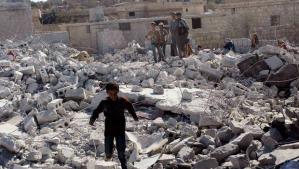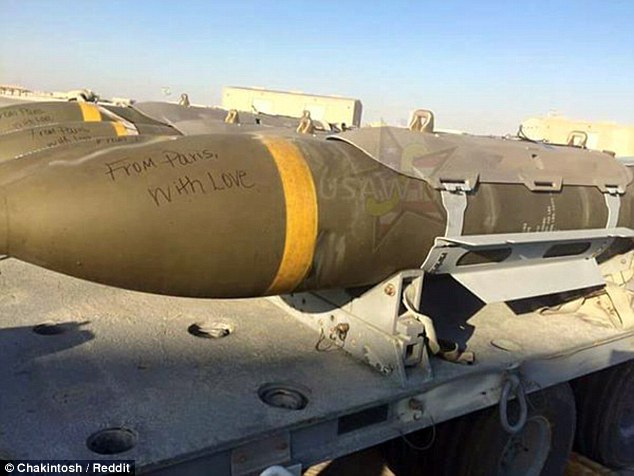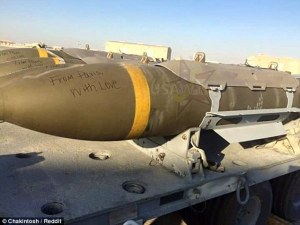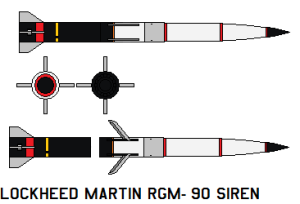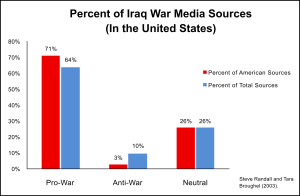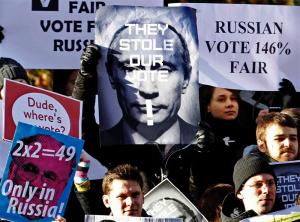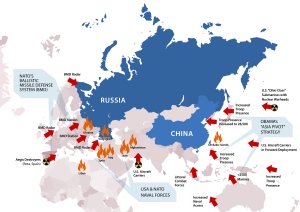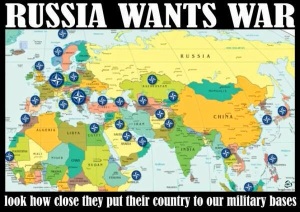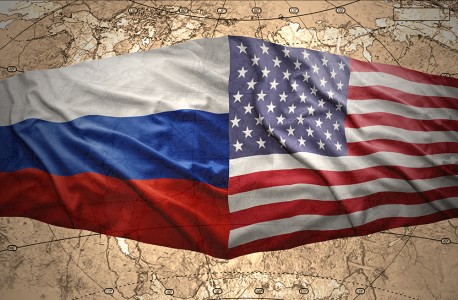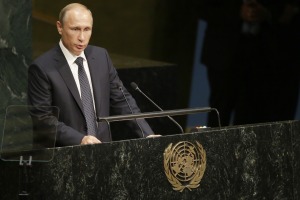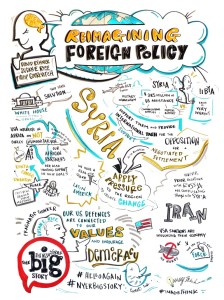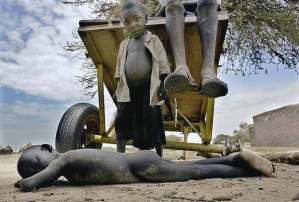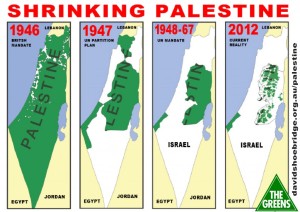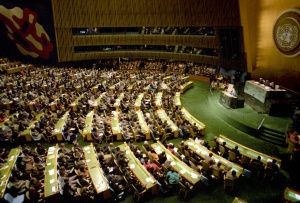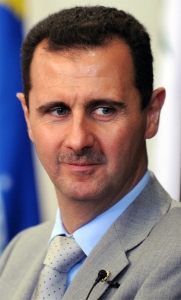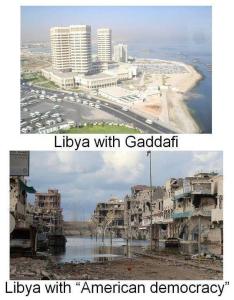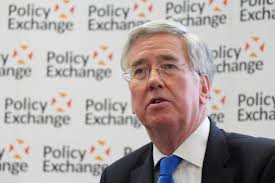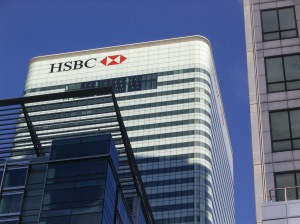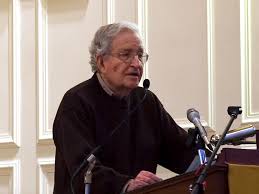Yesterday, the Dutch safety board released its final investigations into the crash of MH17 and they have concluded that a Buk missile system was used to down the aircraft. Theories surrounding MH17, the downed Malaysian airlines passenger plane, have been widespread and constant ever since the disaster occurred in July 2014. The whole story of what actually happened to the plane is unknown but what is clear is that there have been various different conclusions as to what happened to flight MH17. Politics Bulletin discuss the view points that have been portrayed by western countries such as USA and Germany to the differing views given by Russia.
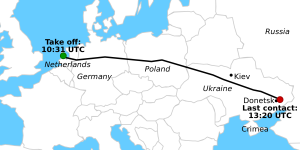
MH17s original flight plan
The fact is the Malaysia Airlines flight, a Boeing 777 which departed from Amsterdam ought to have arrived at Kuala Lumpur at 6:10am their local time. The flight left Amsterdam’s Schiphol Airport but never arrived at its destination. The Boeing 777 plane was flying at the reasonable altitude of 33,000 feet. As an international flight the Boeing was granted transit over the Ukrainian territory. According to reports from the airline, communication ceased indefinitely at 14:15 GMT, it was not far off the Russian-Ukraine border. It is essential to consider the circumstances surrounding the crash of flight MH17. Until now it has been a case which revived the international blame game; a race to credibly unearth the nation responsible for the plane’s destruction.
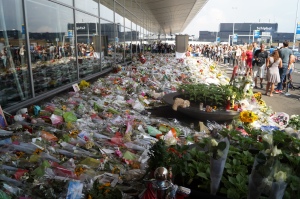
Flowers for the victims of MH17
Certainly, in the event of an aircraft accident, it is necessary to investigate as quickly and as thoroughly as possible not only to eliminate but also to draw sharp focus on the facts and possible causes. Naturally this process is strenuous on the families and relatives along with other interested bodies. The ultimate aim is to provide a credible narrative, a plausible account based on factual information obtained throughout the investigation. Ukraine transferred the responsibility to investigate the incident over to the Dutch Safety Board to find out the cause of the crash of flight MH17. The list of countries involved in the investigation grew, understandably so. The countries involved were; Ukraine, Indonesia, Malaysia, Australia, United Kingdom, Germany, France, Italy, Russia, United States and of course the Netherlands.
Western POV:
The western point of view concludes that MH17 was shot down in an area of Ukraine which was controlled by the Donbass People’s Militia; a separatist organisation supported by Russian armed forces. US and German government intelligence state that the plane was shot down by pro-Russian insurgents in an area of Ukraine controlled by pro-Russian separatists, i.e the Donbass People’s Militia. US government sources state that they heard voice print analysis of the separatists conversation in which they claim credit for the strike. US intelligence also claim that pro-Russian separatists were bragging about shooting down a passenger plane via social media. Furthermore, it is reported that a Russian made Buk anti-aircraft missile system was used to down the passenger plane. Dutch investigators yesterday confirmed that their research into the disaster found that a Buk missile did in fact hit the plane, this quashed all rumors of how MH17 was downed. The Dutch investigation team also concluded that the plane was “most likely downed by a Russian unit, probably manned by a Russian crew, although other possibilities have not been ruled out.”

Dutch officials investigating debris from the crash
Journalists from the Associated Press in Snizhne, Ukraine reported seeing a Buk M-1 enter the town operated by a man “with unfamiliar fatigues and a distinctive Russian accent” escorted by two civilian vehicles, which then moved off in the direction where the shoot-down later occurred. According to Ukrainian counter-terrorism chief, Vitaly Nayda, after downing the plane under separatist direction, the launcher’s Russian crew quickly moved it back across the border into Russia. Seemingly, all the western fingers point towards Russia.
The news headlines all over the western world on the day after flight MH17 crashed were all systematically blaming Russia and specifically Vladimir Putin’s government. Headlines such as “Putin’s Missile” and “Putin killed my baby” were used by British tabloids. America’s CNN reported that MH17 was downed due to “pro Russian Separatists” targeting the airliner with anti-air craft missiles.
U.S. officials state that the plane was shot down by Russian missiles over the Donetsk region. They rubbish Russian theories of a close air-to-air strike and instead support the view that it was brought down by a surface-to-air missile. This theory has now been backed up by the Dutch Safety Board The Vice President of the United States claims that it was not an accident and others have branded the incident an ‘international crime’ in particular Ukraine’s Prime Minister.
Russian POV
The Russian Ministry of Defence (MoD) claim that American intelligence agencies have not released any data on which they base their conclusions. Russian officials have stated that Ukraine “bears full responsibility” for the crash because it occurred in Ukraine airspace and caution was not taken by Ukraine with its airspace. Additionally, on 21 July 2014, the MoD held a press conference where they said that whilst MH17 was crashing a Ukrainian ground attack aircraft approached to within 3-5k of the airliner, insinuating that a Ukrainian jet may have downed MH17 with an air-to-air missile. The MoD also stated that satellite photographs showed that the Ukrainian army and not pro Russian separatists moved a Buk SAM battery to the area close to the territory controlled by the rebels on the morning of 17 July, hours before the crash. They said the installation was then moved away again by 18 July.
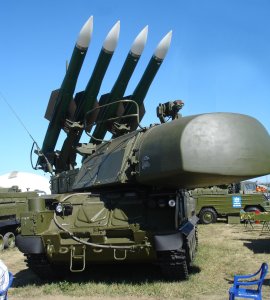
A Buk SAM battery that the Dutch Safety Board said brought down flight MH17
The Dutch report stated that it was a Russian Buk missile that was used to down MH17. However, according to the maker of the Buk missile system, Almaz-Antey, the missile that was fired was an older missile which has been decommissioned by Russian armed forces. Russia claims that they no longer use the older missiles in question. Furthermore, the manufacturer states that a test they conducted proves that the missile was not fired from the area in which the pro Russian separatists were situated despite the Americans saying that it was.
All sorts of theories surrounding the demise of MH17 have come out into the open: The news channel RT have stated that MH17 may have been shot down by Ukraine in a failed attempt to assassinate Russian president Vladimir Putin, in a plot which was organised by Ukraine’s “western backers.” Theories linking the unrest in Ukraine to a western backed coup in the country have been spoken about leading to a conclusion which suggests that western powers such as America deliberately created the unrest in Ukraine in order to de-stabilize Russia. Vladimir Putin has spoken about this theory, he believes that western powers may have deliberately set the whole Ukrainian civil war in motion by giving the countries government an ultimatum; namely, ‘it’s either Russia or us.’ On the back of yesterdays report from the Dutch Safety Board, the main accusation from Russia has been that Ukraine should have closed its airspace and that they “must accept responsibility for airspace.” Russia deemed Ukraine’s decision to leave open their airspace directly above a war torn region a catastrophe waiting to happen, (families of MH17 are suing the Ukrainian government for negligence). Although, the onus should also be on the airlines. It goes without saying that airlines should not put there passengers at risk, additionally, share prices in Malaysia Airlines plummeted after the incident.
Conclusion
It is clear that the west is blaming Russia for the downing of flight MH17 whilst Russia is claiming that the western propaganda machine is accusing Russia despite zero evidence. The White House has been firm in its position that MH17 was hit by a pro Russian separatist missile despite the fact that the criminal probe which is investigating the crash doesn’t publicize its results until December. It seems to be the case that the US evidence is seemingly only backed up by the fact that pro-Russian separatists were bragging about downing MH17 via social media. The information regarding the social media chatter has not been released to the public.

A Boeing 777 airliner, the same model as MH17
Although the accusations are transparent, the evidence produced by both sides is not. The American government continuously blame Russia despite what seems like a distinct lack of evidence. Accusations are laid bare on both sides, the truth is hard to come by; what the west call pro-Russian separatists the Russians call anti government forces.
The politics and media reporting around the incident are certainly questionable. Putin’s annexation of Crimea, and the root cause of the unrest and military conflict in eastern regions of Ukraine have to some extent received overtly biased, representational and highly divisive Western media coverage and the flight MH17 incident is not different. Messages surrounding the crash are at best mixed and it is certainly not difficult to unearth the competing narratives and rhetoric taking place. What is difficult however, is determining what impact Western media reporting on Ukraine and Russia has on the public’s reception of the news confirming the plane was shot down by Russian missiles. An argument could be presented, stating that the normal processes of reporting objectively are not taken into consideration. Not all sides of this story are considered on the international platform, information is being used to smear Russia and to place sole blame on Russia. It is relevant to also state that Ukraine is being dangled and represented as an object of a power dispute between Russia and the West by the Western media.
The west has never removed from its position of blaming Russia for the MH17 disaster. If western media has ever been united on a story then it is this one. Media on both sides are continuing to spin the information in one way or another. Propaganda points are being used by Ukraine, Russia and the west. Ukrainian officials have stated that the missile was launched by “Russian professionals and coordinated from Russia.” They say the downing of MH17 was a terrorist attack committed with the help of Russia. But, like the US, this information is not truly backed up by anything, or at least not anything that has been made public. Russia and the west have been reluctant allies ever since the ending of the Cold War. The two sides continue to look to score points over each other on a variety of different topics from Syria to MH17 with both looking to blame and criticise the other. Point scoring will continue to occur over the topic of MH17 until there is a conclusion surrounding the actual cause of the crash, but what is clear is that we do not fully understand the reasons surrounding why or how the airliner crashed and unfortunately for the families and friends of the victims of the disaster we probably never will.
